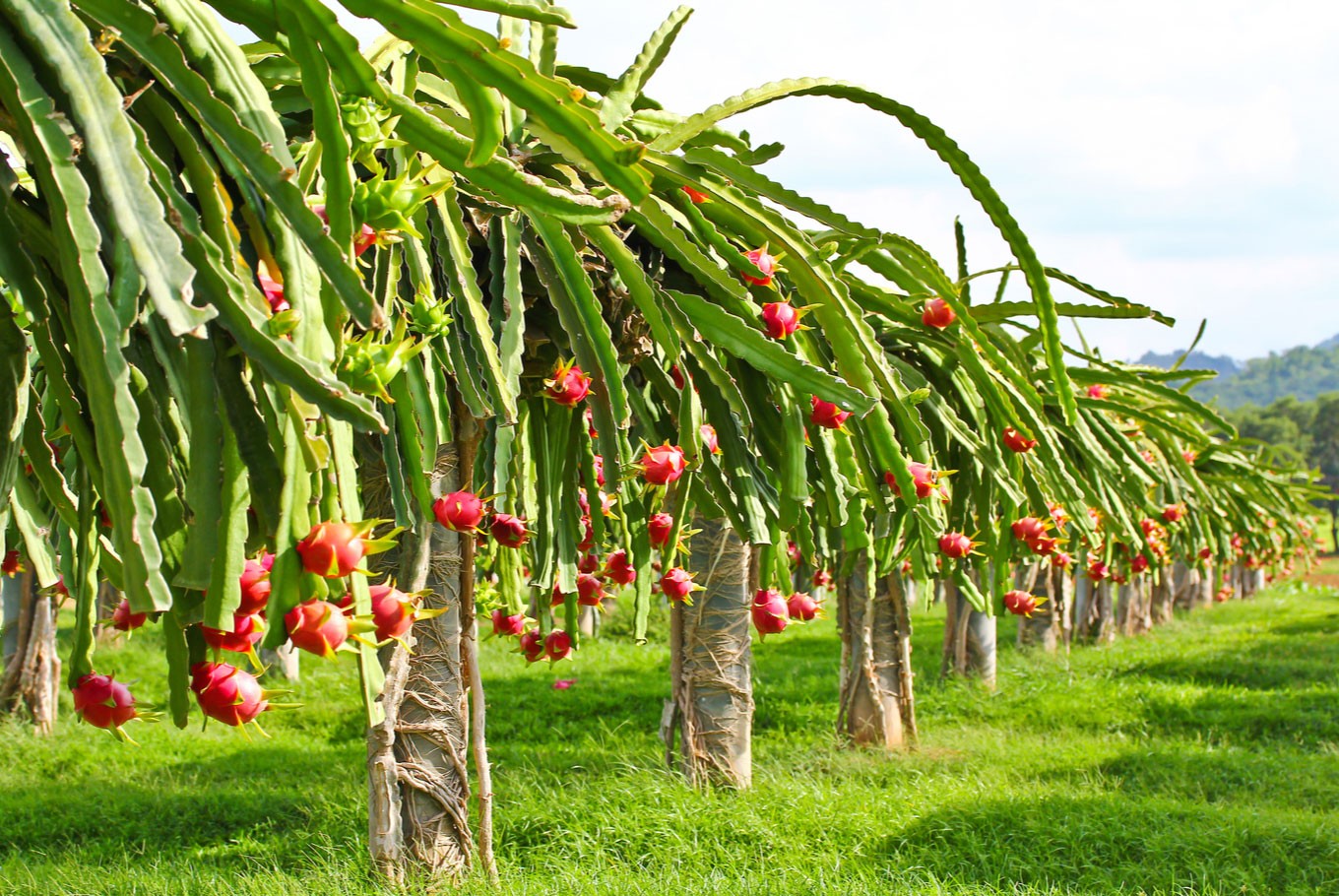Popular Reads
Top Results
Can't find what you're looking for?
View all search resultsPopular Reads
Top Results
Can't find what you're looking for?
View all search resultsBanyuwangi dragon fruit a tasty treat for tourists
Change text size
Gift Premium Articles
to Anyone
B
anyuwangi in East Java is one of the nation's main producers of dragon fruit, growing the fruit in a variety of ways, including organically, for tourists visiting the region.
At the foot of Gunung Raung lies Tegalarum village, which is known for its organic dragon fruit that is cultivated by farmers belonging to the Pucangsari farmer group, a local community comprising 80 farmers.
"Since the beginning, we had planted dragon fruit organically with no chemical injections, and the fertilizers used were also organic. The dragon fruit produced by our village farmers was certified," Pucangsari head Rukiyan recently told kompas.com.
Rukiyan said the advantage of organic dragon fruit was that it lasted up to 25 days as opposed to seven to 10 days as was the case with its non-organic counterpart.
The dragon fruit harvest season in Tegalarum village starts in December and lasts until May. In a single season, the group harvests approximately 1,600 tons of fruit over 40 hectares of land.
"With Rp 40 million per hectare in capital, we could earn Rp 560 million (US$ 41,384) every season, which was about six months," Rukiyan said.
Read also: Interesting places to visit in Banyuwangi
He explained that, each month, Pucangsari sent 40 tons of the fruit to Jakarta, 15 tons to Malang and 8 tons to Bogor, Bali and Blitar. The average size of an organic dragon fruit is between 4 to 6 ounces.
"We sent 4 tons per month to Singapore. There was actually a big demand but we sought to maintain quality," Rukiyan said.
Meanwhile, Banyuwangi Regent Abdullah Azwar Anas said the local government had opened an organic produce store at Banyuwangi Airport that includes the dragon fruit from Tegalaraum village.
"The organic dragon fruit could be a souvenir. You could go straight to the village or buy it at the airport. We had packed it in a way that was attractive," Anas said.
Anas added that the Banyuwangi government trained farmers on good agricultural and handling practices in order to ensure high-quality production.
Anas said Banyuwangi was one of the nation's main dragon fruit producers, adding that the expansive farms across the regency could be developed into tourist destinations. Currently, a total of around 117,700 tons of dragon fruit in Banyuwangi is harvested from around 2,280 hectares of land. (liz/asw)







